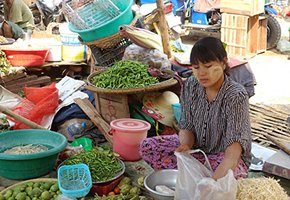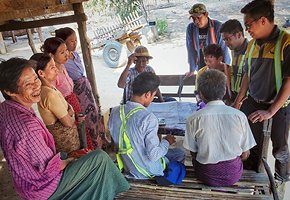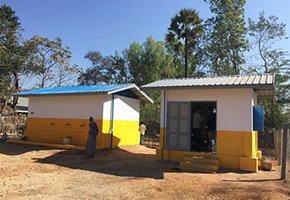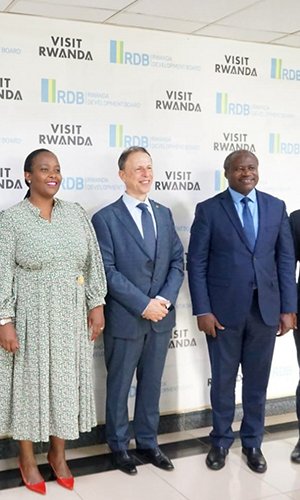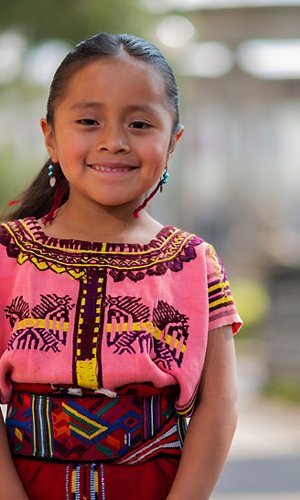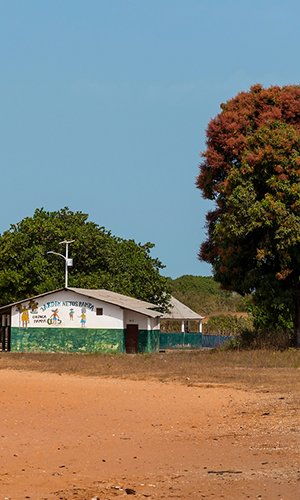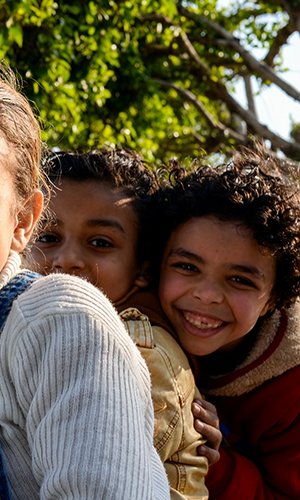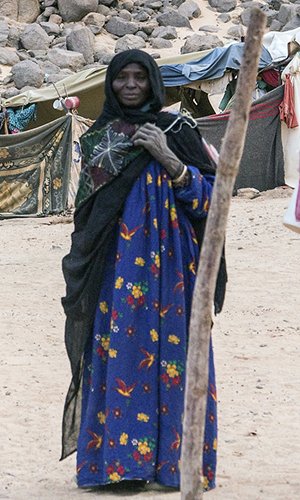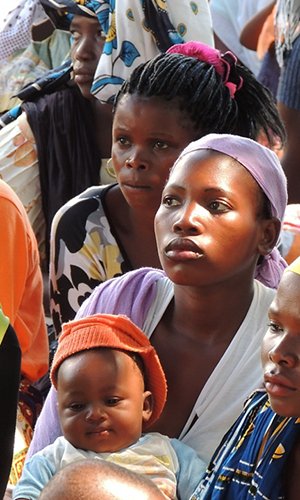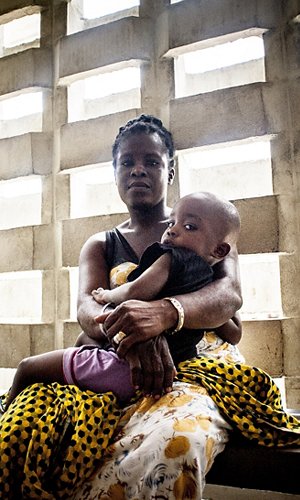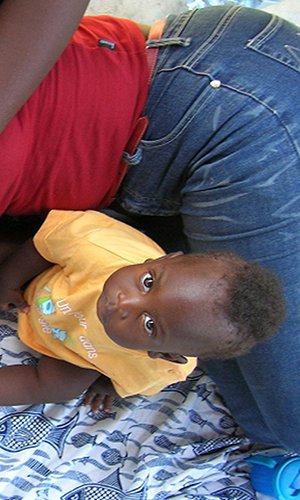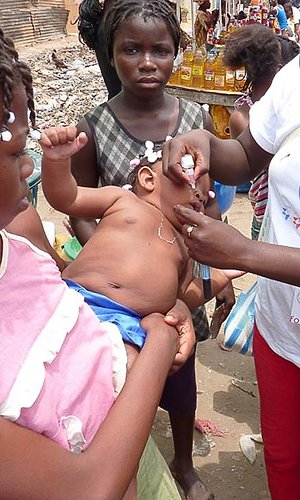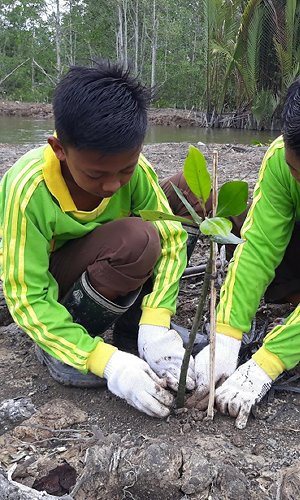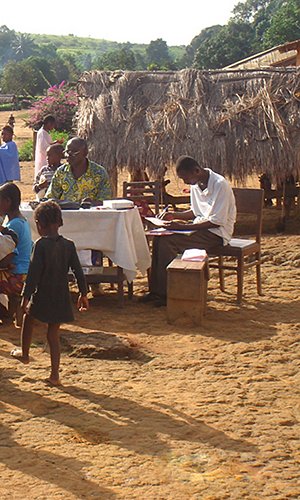We worked to improve food safety and access to clean water, and to promote health in three cities of the Magway region: Myothit, Magwaye Minhla. The affected area spread over 5700 square km, while the east-west extension was approx. 160 km, and the project beneficiaries were over 600 thousand people.
Our Channels
Your business, our energy
Produtcs and solutions for business and customers Italy and abroad
Go to myeni
Voice search

Myanmar
Eni Foundation’s project, completed in 2020, supported Myanmar’s Government in the struggle against malnourishment and to gain access to clean water.
The project focused on three sectors in particular: services to extend agriculture and water for irrigation; safe water supply, hygiene and sanitation services; basic healthcare services in the townships. In the course of 2017, feasibility studies were completed with the support of the University of Milan and the National Health Institute (ISS). The Memorandum of Understanding was signed by the Department of Public Health at the Ministry of Health and Sport, in the presence of the Ministry of Agriculture, Livestock and Irrigation. With the guaranteed full support of the Ministry of Health and Sport and the Ministry of Agriculture, Livestock and Irrigation, the Eni Foundation has committed to funding the project and assuming responsibility for managing it.
The Magway region and its economy
The project took place in an area located in Magway region, one of Myanmar’s central regions that has a total population of 3,917,055, about 7% of the overall population. It has an agriculture-based economy, with some extractive industries.
Myanmar’s Ministry of Health and Sports and Ministry of Agriculture, Livestock and Irrigation played a key role in ensuring full cooperation of all the authorities involved in the project’s implementation. Magway’s Regional Agricultural Department, Regional Rural Development Department, Regional Irrigation and Water Department, and Regional Public Health Department were directly involved, and provided the facilities, technical staff, equipment and any other additional support required.

Scientific partners
Among the scientific partners, the University of Milan will continue to provided technical support, especially in the areas of water and agriculture, and ISS will support the health sector. The project ended in 2020 with an investment of €2.2 million.
In keeping with the strategy laid out by the Myanmar Ministry of Health and Sport and the Ministry of Agriculture, Livestock and Irrigation, the project achieved the results described below.
Agricultural component:
- Improved crop yield and resilience for farmers through support from the rural consulting service and the promotion of Good Agricultural Practices (GAP): better access to irrigation technology applied to vegetable growing and to improved nutritional safety at the family/community level;
- computerised and systematised agricultural yield, water supply and data on groundwater collection, through the implementation of a multi-level, knowledge-based management system.
Water component:
- better access to domestic and drinking water by means of 20 new wells in the priority villages selected jointly;
- improved access to water for irrigation by means of 11 new and modernised water tanks in the priority sites selected jointly.
Healthcare component:
- change to community behaviour through greater awareness among the general populations as regards hygiene and other significant issues concerning maternal and child health;
- improved supply of services in rural health centres and health sub-centres through dedicated training on primary health problems;
- support at a regional level for townships tackling non-communicable diseases and improved healthcare for the elderly;
- improved link between the community and the public health system through the supply of supplementary food and micronutrients for children affected by acute malnutrition;
- bolstered healthcare services from village to health sub-centres through the supply of energy, water installations, equipment and furniture.
Following a tender, the NGOs implementing the project for the Eni Foundation were selected.
- The NGO AVSI Foundation (AVSI) is tasked with improving access to clean water. Founded in 1972, this non-profit organisation runs cooperative projects on development and humanitarian aid worldwide. The health and agriculture component is being implemented by Progetto Continenti Myanmar (PC Myanmar), a non-religious, non-political NGO founded in Rome in 1989.


